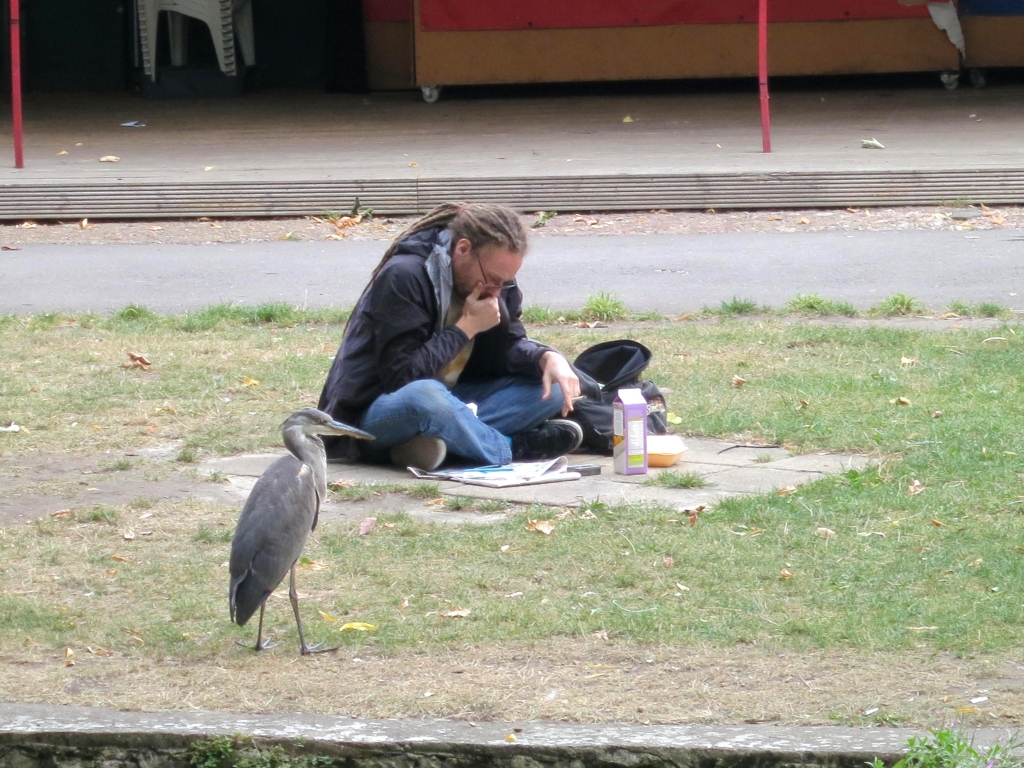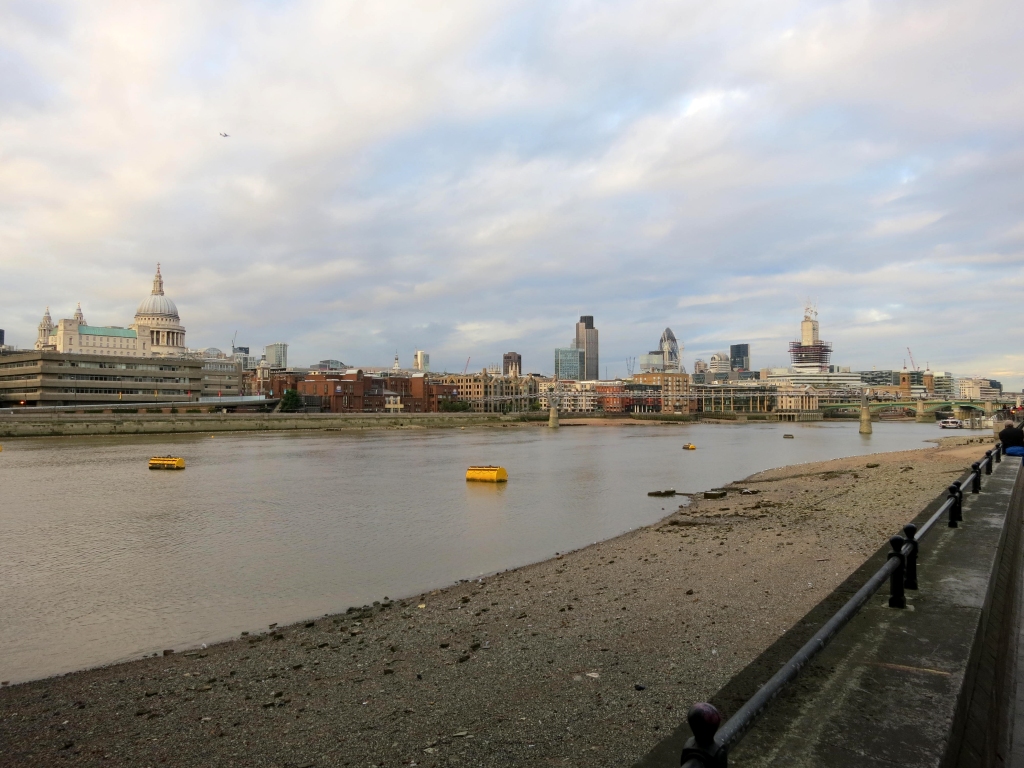Between dinner and bed we generally watch TV, but, as I prefer to close my blog posts with a culinary note, perhaps rather earlier than Samuel Pepys’s “and so to bed”, I don’t normally include what we have viewed.
I am making an exception to cover two programmes we enjoyed over the last couple of evenings with Becky at her recommendation.
King Richard III, England’s last Plantagenet monarch, was killed at the Battle of Bosworth in 1485 and for half a millennium his body was missing, hence the title of the film we watched two nights ago – “The Lost King”, which focusses on the search for the remains and their discovery under a car park in Leicester, some 12 miles from Bosworth Field.
Despite withdrawal of financial support by other funders, Philippa Langley, the amateur historian instigating the search, having succeeded in gaining the necessary resources, persisted and unearthed
the bones that DNA confirmed were those of the king. The film focussed on Ms Langley’s efforts and her relationship with the University of Leicester. Richard III had, for more than 500 years, been regarded by many as an evil usurper, influenced by portrayals from William Shakespeare and Sir Thomas More. Having now been accepted as a rightful monarch he received a more dignified reinterment on 26th March 2015 at Leicester Cathedral.
In response to his portrayal in the film, “Richard Taylor, a former deputy registrar at the University of Leicester, is suing [writer Steve] Coogan, the production company Baby Cow and the distributors Pathe.
“He claims the 2022 movie The Lost King shows his character, played by Lee Ingleby, behaving in an “abominable way” towards the amateur historian Philippa Langley, played by Sally Hawkins, who spearheaded the dig.
“Taylor claims the film shows him taking credit for himself and the university that was rightfully Langley’s for the 2012 discovery of Richard III’s remains in a Leicester car park more than 500 years after the king’s death.
“[High Court Judge] Lewis’s ruling after a preliminary hearing means that the case can proceed to a full trial where Coogan, Baby Cow and Pathe will have to defend the defamatory portrayal.” https://www.theguardian.com/uk-news/article/2024/jun/14/steve-coogan-the-lost-king-defamation-claim
Moving on almost 200 years since the death of Richard III, “on 17th July 1674, two skeletons were discovered inside the Tower of London. Many believed they were the Princes in the Tower – 12-year-old Edward V and 9-year-old Richard, Duke of York.
“The boys disappeared in 1483 during the Wars of the Roses, creating one of the biggest mysteries in British history. Then, nearly 200 years after they vanished, Charles II re-interred the two skeletons from the Tower in their names at Westminster Abbey.
.”The identity of the children discovered at the Tower of London in 1674 may never be known. Similarly, the fate of the Princes in the Tower may forever lie beyond our understanding. However, this should not deter us from asking questions and embarking on new research. Research is a journey we learn from even if we don’t arrive at our anticipated destination.” (Charles Farris Public Historian for the History of the Monarchy Historic Royal Palaces)
Philippa Langley, however, was convinced that Richard III, long blamed for the believed murder of his two nephews, was innocent, and that the children had survived their time in the tower to make their own attempts to secure the monarchy as first Lambert Simnel (Edward V) and later Perkin Warbeck (Richard, Duke of York). Thus she collaborated with Rob Rinder, an investigative lawyer to research the evidence in Channel 4’s documentary ‘The Princes in the Tower: The New Evidence’. They present a compelling case for the boys having survived to in turn lead attempted invasions against the incumbent king. Neither of these succeeded.
As well produced as was this programme, without DNA evidence from the boys’ bones I cannot be convinced that the nephews were even murdered. I think it was Philippa who said that these particular remains could only be DNA tested with Royal permission which had been denied by Queen Elizabeth II because she believed they should be allowed to rest in peace. Of course this procedure could only clarify whether or not they were the children concerned.
Naturally the conclusions of Langley and Rinder have been challenged by numerous establishment historians, which leaves us with the truth of the final paragraph of the extracts from Charles Farris quoted above.
Moving on even further to this afternoon, Becky and Ian returned to their own home and Jackie and I took a forest drive
when the sun was lowering in advance of its setting.
There were still many pools on the roads but none remained impassable.
The dampness had kept the woodland brightly mossy;
skeletal trees swept skies;
and ponies quietly foraged.
This evening we dined on tempura prawns on a bed of Jackie’s savoury rice, with which she drank Diet Coke and I finished the Malbec.






















